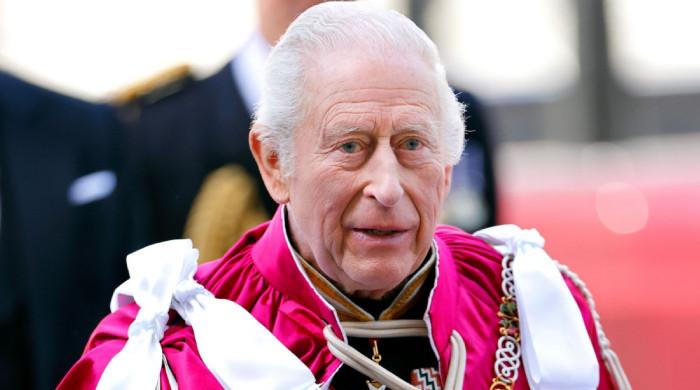Major Universal Health Care Law Changes Put on Hold – What it Means for South Africans

Johannesburg, South Africa – Significant amendments planned for the Universal Health Care (UHC) Act have been postponed, with discussions now slated to continue in the 20th Congress. This decision, reached by the bicameral conference committee, has garnered mixed reactions across various sectors, sparking debate about the future of healthcare reform in South Africa.
Background of the UHC Act and Proposed Amendments
The Universal Health Care Act, a cornerstone of the government's efforts to achieve equitable access to healthcare for all South Africans, has faced ongoing scrutiny and calls for adjustments. The proposed amendments aimed to address concerns regarding implementation challenges, funding mechanisms, and the role of private healthcare providers. Key areas under consideration included streamlining administrative processes, clarifying the responsibilities of different stakeholders, and ensuring the sustainability of the UHC fund.
The Committee's Decision and Rationale
The bicameral conference committee's decision to defer the amendments to the 20th Congress reflects a recognition of the complexity of the issues at hand and the need for more thorough deliberation. Sources within the committee suggest that concerns were raised about the potential unintended consequences of the proposed changes, particularly regarding their impact on the already strained public healthcare system and the private healthcare sector.
“We felt that rushing these amendments would be a disservice to the South African people,” stated a member of the committee, speaking on condition of anonymity. “There’s a lot to unpack, and we need to ensure that any changes we make are well-considered and contribute to a truly universal and sustainable healthcare system.”
Reactions from Stakeholders
The announcement has elicited a range of responses. Healthcare advocacy groups have largely welcomed the postponement, arguing that it provides an opportunity for more extensive public consultation and a more nuanced assessment of the potential impacts. However, some private healthcare providers have expressed disappointment, citing concerns about the uncertainty surrounding the future of the UHC Act and its potential implications for their businesses.
The Democratic Alliance (DA), the main opposition party, has criticised the government's handling of the UHC Act, arguing that the proposed amendments were ill-conceived and would have further exacerbated existing problems. They have called for a complete overhaul of the Act, advocating for a greater role for private healthcare providers in delivering universal coverage.
What Happens Next?
With the amendments deferred to the 20th Congress, the debate surrounding the UHC Act is likely to continue. Analysts predict that the next phase of discussions will involve a broader range of stakeholders, including healthcare professionals, patient advocacy groups, and representatives from the private sector. The government will also need to address concerns about funding and sustainability, as well as clarify the role of private healthcare providers within the UHC framework.
The postponement provides a crucial window for reflection and refinement, ensuring that any future amendments genuinely serve the best interests of all South Africans and contribute to a more equitable and accessible healthcare system. The coming months will be critical in shaping the future of healthcare in South Africa.
Stay informed about this developing story. Bookmark this page and check back for updates.






